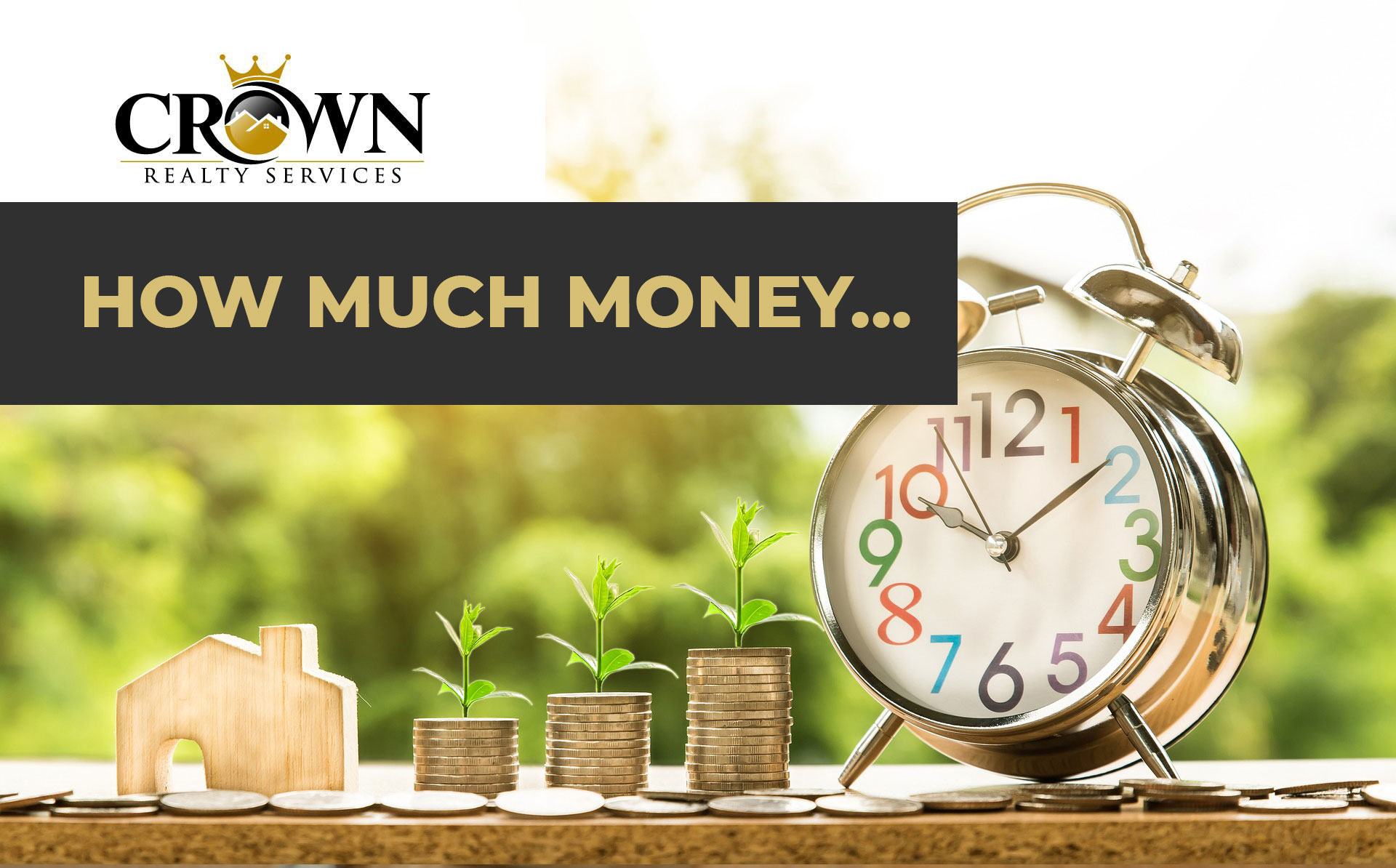How much money should I save before buying a house?
Ah, the age-old quest to find that perfect castle to call home sweet home. But hold your horses, folks! Before you don your house-hunting cape and head out, it’s time for a reality check – one that comes with dollar signs and a sprinkle of savvy financial planning.
Welcome to the delightful world of ‘How Much Money Should I Save Before Buying a House?’—a quest where piggy banks get a starring role and savvy savings strategies take the limelight.
Now, picture this: You’re all set to embark on this exhilarating adventure called homeownership, but wait! Before diving into the pool of ‘for sale’ signs and real estate jargon, let’s get that treasure chest – your savings – in shipshape condition.
So, gather ’round, ye aspiring homeowners! Let’s sprinkle some financial magic and unveil the secrets to stash those savings for your dream abode without losing your sense of humor along the way.

Breaking Down California Home Buying Costs: A Buyer's Pocket Guide
Earnest Money Deposit: This upfront deposit, often between 1% and 3% of the purchase price, is submitted when making an offer. It demonstrates good faith and commitment to the purchase.
Down Payment: This is the percentage of the sale price paid upfront. In California, it can range from 3% to 20% of the purchase price, although certain loan programs might require less.
Closing Costs: These encompass fees for loan services, taxes, insurance, recording fees, and other transaction-related costs. Typically, they range between 2% and 5% of the purchase price.
Home Inspection: While not a payment directly to the seller, it’s a cost in the buying process. An inspection to assess the property’s condition can cost between $300 and $500.
Mortgage Insurance Premium: If the down payment is less than 20%, private mortgage insurance (PMI) or Federal Housing Administration (FHA) mortgage insurance might be required.
Property Taxes: Taxes are prorated between buyer and seller based on when the home is purchased during the tax year.
Homeowner’s Insurance: Required for financing, it covers property damage and contents.
Real Estate Agent Fees: At times, buyers may assume part of the fees for agents involved in the transaction.
Moving Expenses: Navigating the Costs of Transitioning to Your New California Home. Unpacking the financial considerations involved in moving to your dream California home, from hiring movers to packing materials and everything in between.
Let’s sprinkle a little fun into this list with an optional extra point:
Repairs and upgrades: Are an extra cost to consider, but they’re also your chance to turn that fixer-upper into a palace fit for royalty.
*These payments can vary based on property price, loan type, and other factors. It’s advisable to consult a real estate agent or financial professional for a more accurate calculation.
Types of home loans that can help
Feeling like this list is longer than a CVS receipt? Don’t stress! There’s a loophole in this house-buying game: consider sneaking some of these expenses into your mortgage. It’s like getting extra cheese on your pizza – you can make it work!
Yes, there are specific loans that can help cover some of the costs associated with buying a house. For instance:
FHA Loans: These loans backed by the Federal Housing Administration (FHA) may allow closing costs to be financed within the loan.
VA Loans: For veterans and active-duty service members, loans backed by the Department of Veterans Affairs (VA) can cover some closing costs.
Conventional Loans: Some lenders might offer options that allow certain closing costs to be rolled into the loan, but they could have specific requirements.
These loans can vary in terms and conditions, so it’s crucial to speak with a lender or mortgage broker to explore which options might apply to your specific situation.
Conclusion
Navigating the financial landscape of buying a house can feel like trying to solve a Rubik’s Cube blindfolded. But fear not! Understanding the various costs involved is key to preparing for this exciting venture. From the down payment to closing costs, and even those surprise expenses like repairs or upgrades, it’s crucial to have a savings cushion. Remember, being over-prepared is way cooler than being caught off guard. So, crunch those numbers, stash away some extra dough, and when it comes to buying your dream home, you’ll be the champ with the keys in hand!
Now that you know the answer to “How much money should I save before buying a house?”, it’s time to start stashing that cash!
If you’re up for a successful real estate journey, fill out the form. Let’s make this adventure a remarkable one!




